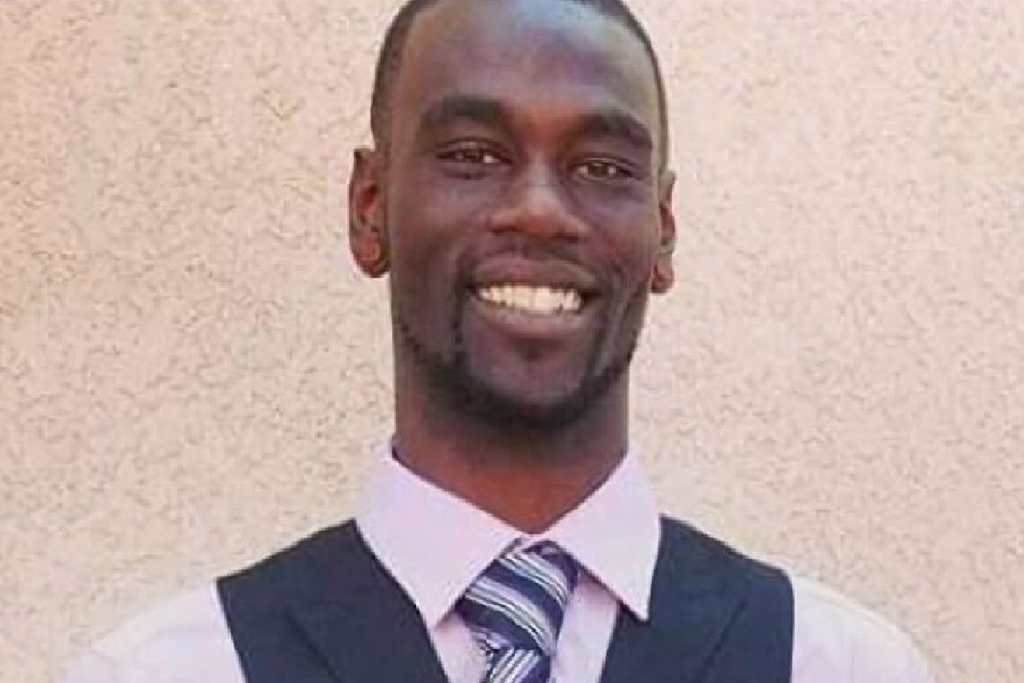Memphis Cops Are Anti-Black And Brutal, DOJ Confirms As City Rejects Accountability

Source: Anadolu / Getty
A recent DOJ report found that the Memphis Police Department uses excessive force against Black residents, regularly discriminating against their Black residents. But, in a stunning declaration of autonomy, the city of Memphis rejected federal oversight, declining to enter into a consent decree even before the DOJ made their findings public Wednesday evening, according to AP.
The U.S. Department of Justice launched its investigation into the Memphis Police Department six months after the beating death of Tyre Nichols by police in 2023.
The report says that “Memphis police officers regularly violate the rights of the people they are sworn to serve.”
According to AP, the report mentions the Tyre Nichols case, addressing MPD’s use of traffic stops to address violent crime.
The police department has encouraged officers in specialized units, task forces, and on patrol to prioritize street enforcement, and officers and community members have described this approach as “saturation,” or flooding neighborhoods with traffic stops, the report said.
“This strategy involves frequent contact with the public and gives wide discretion to officers, which requires close supervision and clear rules to direct officers’ activity,” the report said. “But MPD does not ensure that officers conduct themselves in a lawful manner.”

Source: Raymond Boyd / Getty
The report also said that Officers stop and detain black people without adequate justification and conduct invasive searches of people’s cars without understanding the constitutional limits on their authority.
Despite the DOJ’s eye-opening findings, the city of Memphis refused federal oversight, declining to enter into a consent decree with the federal government, citing concerns over costs and implications.
“Until the city has had the opportunity to review, analyze and challenge the specific allegations that support your forthcoming findings report, the city cannot — and will not — agree to work toward or enter into a consent decree that will likely be in place for years to come and will cost the residents of Memphis hundreds of millions of dollars,” City Attorney Tannera Gibson wrote in the letter. “From what we understand, consent decrees remain in place for an average of more than ten years, with absolutely no controls to ensure timely completion or consideration for the financial impact to the affected community. Such a proposal is not the right solution for Memphis.”
Although the city did decline the consent decree, it said it knew the Memphis Police Department needed to make critical reforms and claimed to be already making those changes without the consent decree.
“We believe there are better ways to reimagine policing that do not slow the process or cost the taxpayers millions of dollars,” the letter read. “Previously, the DOJ has used technical assistance letters to aid police departments in their improvement plans; that is an option we would be open to discussing. There are a number of changes that have already been put in place prior to, and since, DOJ began its investigation. Following a review of your findings report, we will work with partners within the City of Memphis as well as with national police reform experts and the DOJ to produce an improvement plan that can be implemented much more effectively and efficiently than a consent decree.”

Source: Twitter / Twitter
Tyre Nichols died on Jan. 10, three days after he was pulled over at a traffic stop for “reckless driving.” Authorities said the incident occurred shortly after six officers from the department walked over to the young motorist’s vehicle and demanded he step out of the car.
Bodycam footage captured Preston Hemphill, the only white officer present during the fatal arrest, grabbing Nichols out of the vehicle before he was forced to the ground and given conflicting demands. Hemphill fired a stun gun at Nichols after he managed to escape from the police.
Sadly, the five Black officers caught the young motorist just steps away from his mother’s home. As they fought to detain the father of one, officers used a baton to beat him repeatedly. They used pepper spray and kicked him several times during the violent arrest. Nichols, an aspiring photographer, succumbed to his injuries three days later.
SEE ALSO:
Tyre Nichols Family Seeks Justice: $550M Lawsuit Heads To Memphis Court
Baltimore Mayor Wants To Open Supervised Illegal Drug Use Facilities — A Real-Life ‘Hamsterdam’





